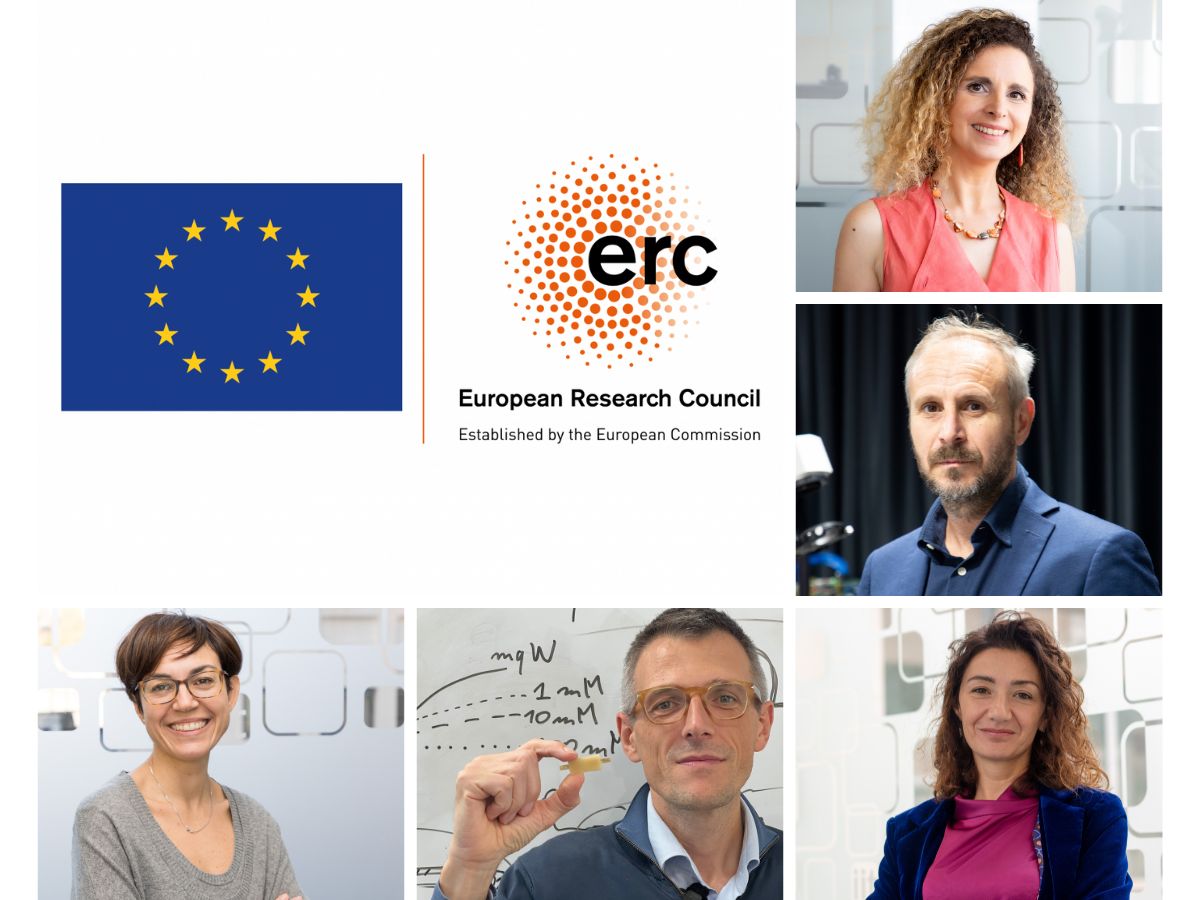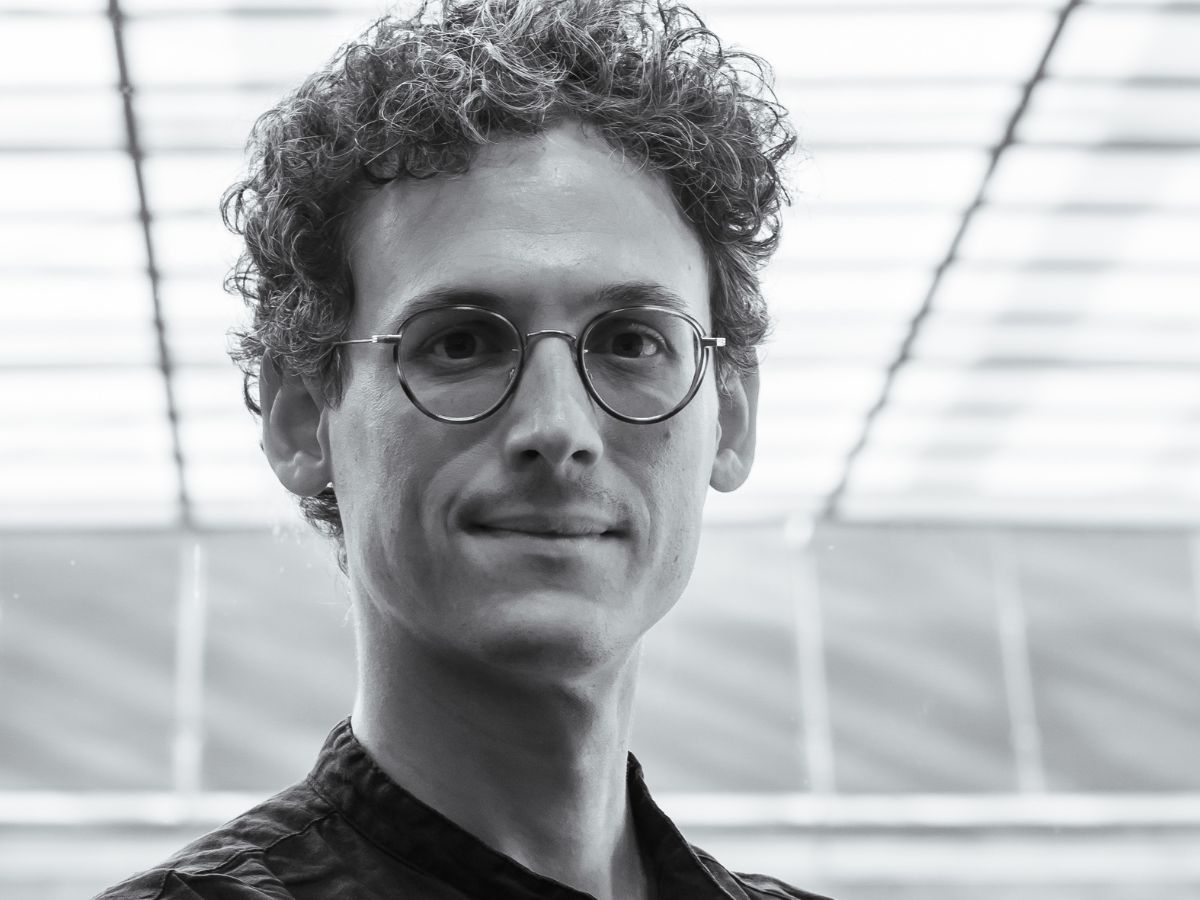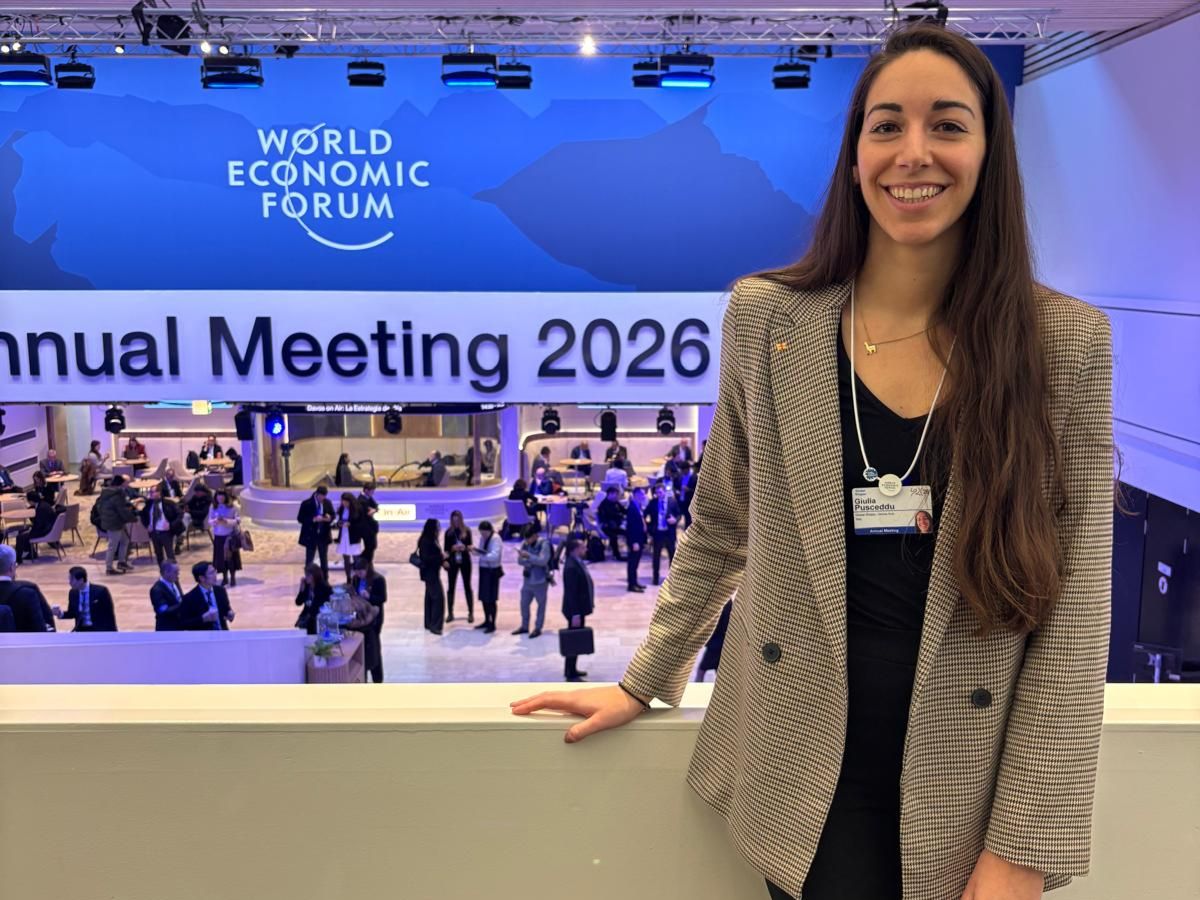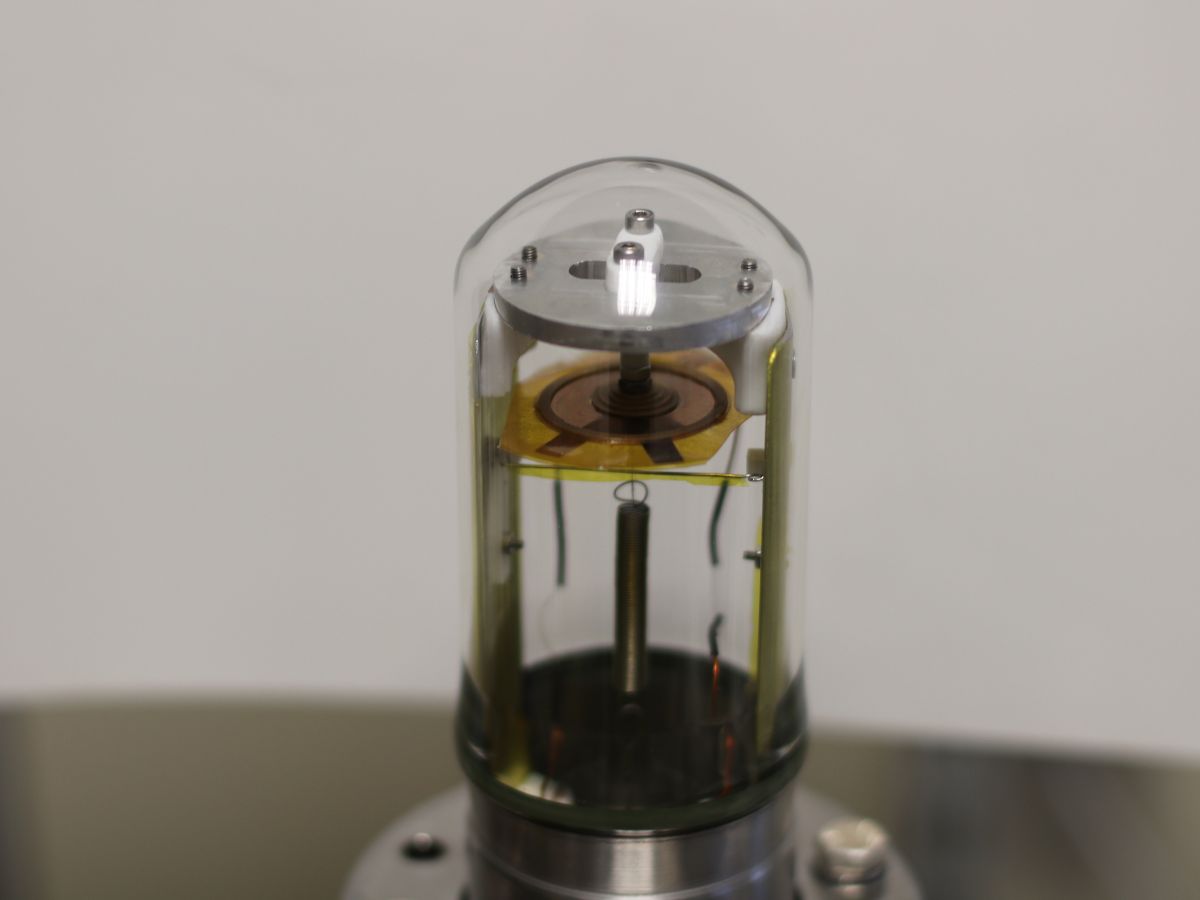For early intervention and improvement of sensory, perceptive and motor abilities and skills in children with multiple and/or complex disabilities
The collaboration between the research Unit for Visually Impaired People, coordinated by Monica Gori from the Istituto Italiano di Tecnologia – IIT, and the Multi-speciality Department for Physical Medicine and Rehabilitation at the Istituto Giannina Gaslini, led by Dr. Chiara Tacchino, has resulted in the first ever science-based multisensory technological climbing wall in the world for the clinical rehabilitation of paediatric patients with multiple and/or complex disabilities. The structure named “Multisensory Integration CLIMB” has been officially presented on Friday, February 7th 2025.
The inauguration took place at Istituto Giannina Gaslini in Genoa at the presence of institutional representatives: Renato Botti, the director general of the Istituto Gaslini, Angelo Ravelli, the scientific director of the Istituto Gaslini, Raffaele Spiazzi, the health director of the Istituto Gaslini, and Giorgio Metta, the scientific director of the Istituto Italiano di Tecnologia – IIT.
Multisensory Integration CLIMB is an instrument designed for patients aged between 3 and 18 with neurological conditions such as paediatric stroke, infantile cerebral paralysis or developmental disorders, but that can potentially be extended to paediatric patients with disabilities with various other causes. The tool is based on the study of multisensory abilities, about which Monica Gori is a pioneer, and on the idea that combining sport and technology is a key element for rehabilitation.
To date, the MSICLIMB technology has already been tested on 34 young patients and 52 children with typical development. Over the next few weeks, it will become fully operational for patients at the Multi-speciality Department for Physical Medicine and Rehabilitation at the IRCCS Giannina Gaslini Hospital in Genoa, Italy.
The device has been conceived to enhance the complicated process of hospital rehabilitation for paediatric patients by using innovative and technological solutions that both involve and take into consideration physical abilities. Its scope has been shaped by the expertise of Dr. Marta Bertamino, who has worked closely with young stroke patients at the Gaslini Stroke Centre for many years. While the design and the technologies came from the internationally renowned competence of the IIT researcher Monica Gori, who has developed various inclusive and rehabilitative technologies – or “responsible technologies”, as she calls them – as they are science based and produce measurable results, allowing the benefits that they provide to be quantified.
MSICLIMB is the first device developed under the Sport Hospital project, an initiative started four years ago by Gori and Bertamino, driven by their shared belief that integrating sports activities into rehabilitation programs could yield significant benefits. In this context, sport plays a fundamental role in promoting both physical and psychological well-being, even during the rehabilitation period. The teams from Gaslini and IIT collaborated to create a space where these benefits could also be accessible to children with complex needs. The inspiration came from observing how children responded positively to recreational and multisensory stimuli, combined with the goal of leveraging advanced technologies to personalize rehabilitation. The final result is a device which is a non-invasive, intuitive, ecological and economic system.
“Results such as those presented today are evidence of the significant impact that the research carried out by IIT can have on real lives, underlining the importance of going beyond the laboratory to collaborate with valuable organisations that have daily experience of real needs, such as the Istituto Giannina Gaslini, working together to develop technology that focuses on people”, stated Giorgio Metta, the scientific director of the Istituto Italiano di Tecnologia.
“The Sport Hospital project set up at the Istituto Gaslini contributes to helping disabled children bridge a gap in terms of access to sport, promoting processes for social inclusion that are essential in improving the lives of disabled people. It is of vital importance for us to be able to work with research institutes of the highest level, such as IIT, because this helps us to offer our patients cutting-edge diagnosis and therapy through personalised care programmes suited to the characteristics and needs of each individual patient”, commented Renato Botti, the director general of IRCCS G. Gaslini.
The multisensory climbing wall is visually much like a sports climbing wall but is equipped with a range of adjustable forms of sensory feedback: visual stimuli, with colour-shifting illuminated climbing holds; auditory stimuli, such as animal sounds or motivational messages; and tactile stimuli, provided through a vibrating smart watch worn by the patient and connected to a dedicated software.
From planning to construction, the technological development of this project has been characterised by constant communication between the rehabilitation team at Gaslini and the researchers from IIT, thus adapting the sensors according to the varying needs of the children with multiple and complex disabilities.
The wall measures three meters by three and is composed of four wooden panels. On the left half of the wall, IIT researchers have placed 30 holds symmetrically to facilitate ‘motor symmetry’ training, allowing for practice of coarser movements. The other 30 holds are arranged asymmetrically on the right half of the wall to support motor planning training, focusing on finer movements. Every hold has 6 laser sensors (360 in total) to stimulate contact with hands and feet, 2 speakers (120 in total) for audio signals, and 8 LEDs (480 in total) for visual input in a range of modes: spiral, rotating, intermittent and steady.
The climbing course can be personalized for each patient, tailored to the severity of their condition, ensuring that the exercise is engaging rather than frustrating. A range of parameters can be monitored during each session, including the speed of route completion, the force applied to the safety cable, the number of holds touched, and the time taken to reach each hold. The data is saved to track progress over time.
The rehabilitation session takes place in the presence of a trained therapist and a person to provide the patient with safety support. Once the patient has put on the harness, a climbing route is chosen in accordance with their clinical and functional characteristics, the rehabilitation goals, and the appropriate type and number of stimuli. These routes have been developed by IIT software experts together with the clinicians of the Istituto Gaslini.
The expected benefits of using MSICLIMB are sensory and motor, such as an improvement in strength, coordination, balance and sensory adaptation; cognitive, by stimulating problem-solving and attention skills; emotional, including increased self-esteem and lower anxiety through realistic goals and fun activities, and social, given the opportunity to take part in individual or group rehabilitation sessions that allow interaction with other children in an inclusive environment.
MSICLIMB resulted from the synergy between the expertise in rehabilitation at Istituto Gaslini and the ability to innovate in electronics and mechanics of IIT groups, coordinated by Marco Crepaldi and Alberto Parmiggiani, bridging medical research and technology.
Traditional climbing is one of the sports already most commonly used in rehabilitation for multiple-sclerosis patients as it involves the entire body, improving strength, coordination, balance and spatial awareness. Furthermore, climbing is an intrinsically motivating activity; the reaching of a goal, such as a higher hold, offers immediate gratification, promoting self-esteem, socialisation and resilience; fundamental elements in rehabilitation.
“Increased awareness of the varied nature of child disability has led our group of IIT researchers, together with the physicians from the Istituto Gaslini, to develop technology that can be personalised on a case-by-case basis” – explained Monica Gori, Principal Investigator at the Istituto Italiano di Tecnologia – “We have designed, developed and validated – with preliminary data – the MISCLIMB system as a multisensory climbing wall device that allows the use of multisensory skills combined with physical activity in order to foster increased involvement in paediatric rehabilitation for children with strokes, by employing intelligent technology. The multisensory aspect is fundamental, as it allows improvements in perception and in interaction with the environment, and this can provide enormous benefits in the field of rehabilitation”.
“For some time now, our Institute has sought to carry forward childhood experiences in various life situations through initiatives aimed at favouring adaptation to rehabilitation (such as pet therapy, recreational activities, clowns, cinema, and so on). We therefore chose to include sports in this area, as a fundamental aspect of growth, favouring accessibility and participation. Sport plays a fundamental role for disabled children; in addition to the benefits in terms of emotional and psychological impact (resistance to frustration, self-esteem), as well as inclusiveness, sport also has a recognised impact on the processes of therapy and rehabilitation”, commented Chiara Tacchino, head of the Gaslini Multi-speciality Department for Rehabilitation, and Marta Bertamino, also from the Gaslini Multi-speciality Department for Rehabilitation.
This project has drawn on the expertise of a number of researchers at IIT, including Antonio Maviglia, Davide Delle Piane, Lorenzo Orciari, Walter Setti, Alice Bollini, Eleonora Montagnani, Nicolò Balzarotti and Serena Basta. It has benefited from the involvement of many physicians and rehabilitation workers from the Istituto Gaslini, including the head of the Gaslini Multi-speciality Department, the physiatrist Chiara Tacchino, the neuropsychomotor therapist Sara Cornaglia, the psychologist Ludovica Primavera, the occupational therapist Marina Usai, and the therapeutic coordinator, the physiotherapist Carla Ferrari, and has also drawn on the experience of Paolo Granone, a climbing expert.
MSICLIMB has also been made possible with the support of AstraZeneca, the Cavallari family, in memory of their son Simone, and many other private and business donations (For-ma Studio, Fair House immobiliare, Gruppo Boero, Diego Bormida Artist).





